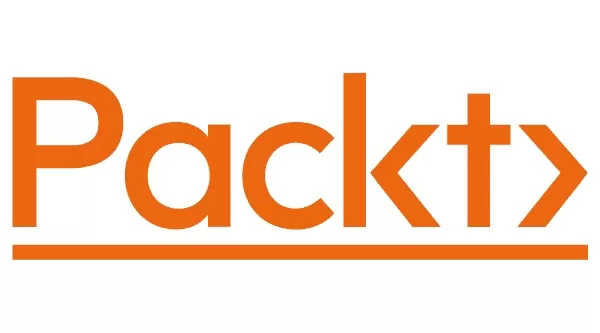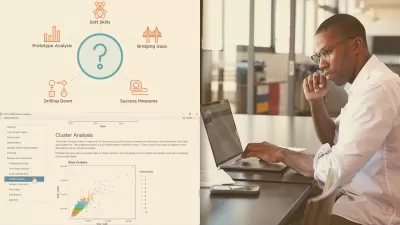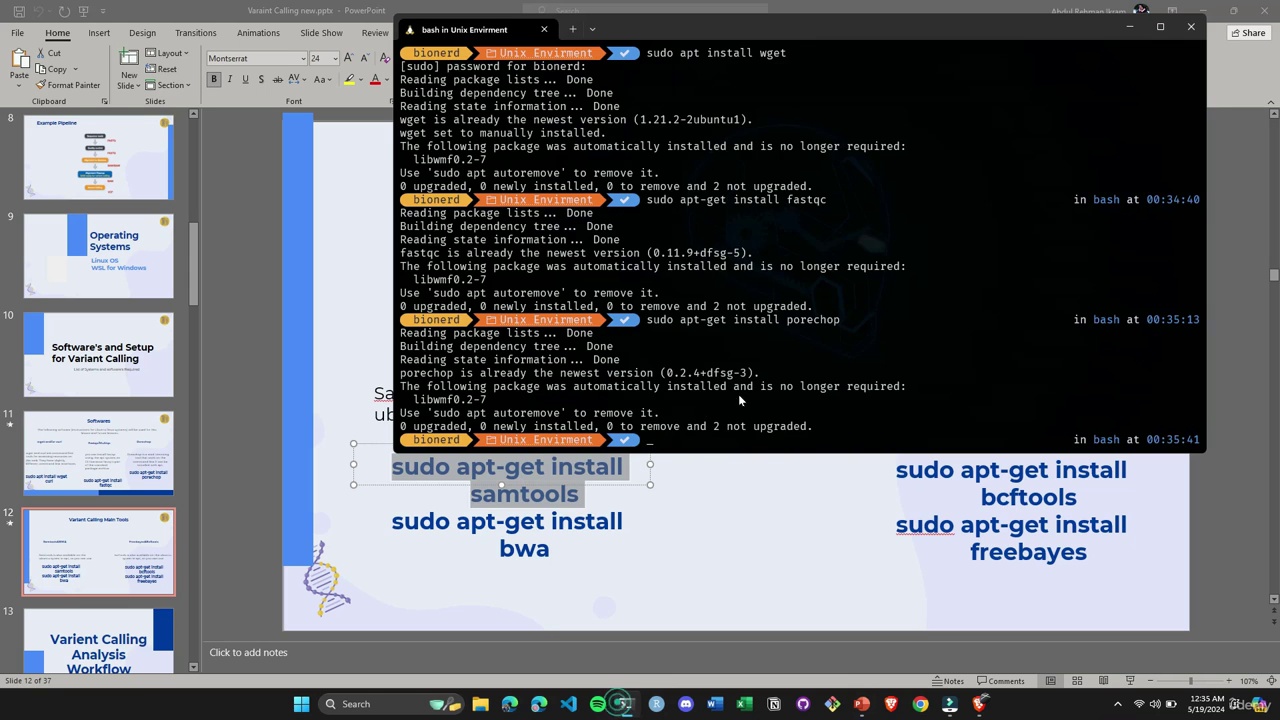01.01-course overview.mp4
02:53
01.02-installation and setup.mp4
04:40
01.03-lesson overview.mp4
02:21
01.04-python and the anaconda package management system.mp4
11:24
01.05-different types of data science problems.mp4
03:35
01.06-loading the case study data with jupyter and pandas.mp4
07:33
01.07-getting familiar with data and performing data cleaning.mp4
09:57
01.08-boolean masks.mp4
13:10
01.09-data quality assurance and exploration.mp4
10:08
01.10-deep dive categorical features.mp4
08:13
01.11-exploring the financial history features in the dataset.mp4
07:45
01.12-lesson summary.mp4
03:45
02.01-lesson overview.mp4
02:15
02.02-exploring the response variable and concluding the initial exploration.mp4
03:33
02.03-introduction to scikit-learn.mp4
10:50
02.04-model performance metrics for binary classification.mp4
08:06
02.05-true positive rate false positive rate and confusion matrix.mp4
08:03
02.06-obtaining predicted probabilities from a trained logistic regression model.mp4
10:28
02.07-lesson summary.mp4
00:21
03.01-lesson overview.mp4
01:48
03.02-examining the relationships between features and the response.mp4
14:42
03.03-finer points of the f-test equivalence to t-test for two classes and cautions.mp4
10:10
03.04-univariate feature selection what it does and doesnt do.mp4
14:16
03.05-generalized linear models (glms).mp4
11:45
03.06-lesson summary.mp4
00:22
04.01-lesson overview.mp4
02:12
04.02-estimating the coefficients and intercepts of logistic regression.mp4
11:44
04.03-assumptions of logistic regression.mp4
08:01
04.04-how many features should you include.mp4
12:05
04.05-lasso (l1) and ridge (l2) regularization.mp4
13:03
04.06-cross validation choosing the regularization parameter and other hyperparameters.mp4
05:07
04.07-reducing overfitting on the synthetic data classification problem.mp4
11:56
04.08-options for logistic regression in scikit-learn.mp4
05:41
04.09-lesson summary.mp4
00:34
05.01-lesson overview.mp4
01:47
05.02-decision trees.mp4
16:05
05.03-training decision trees node impurity.mp4
10:51
05.04-using decision trees advantages and predicted probabilities.mp4
11:12
05.05-random forests ensembles of decision trees.mp4
08:48
05.06-fitting a random forest.mp4
06:57
05.07-lesson summary.mp4
00:24
06.01-lesson overview.mp4
02:20
06.02-review of modeling results.mp4
02:53
06.03-dealing with missing data imputation strategies.mp4
05:57
06.04-cleaning the dataset.mp4
08:02
06.05-mode and random imputation of pay 1.mp4
08:00
06.06-a predictive model for pay 1.mp4
06:56
06.07-using the imputation model and comparing it to other methods.mp4
07:47
06.08-financial analysis.mp4
12:21
06.09-final thoughts on delivering the predictive model to the client.mp4
04:58
06.10-lesson summary.mp4
00:50
9781838986063 Code.zip
















